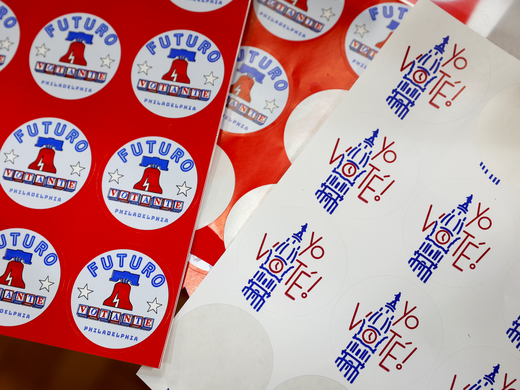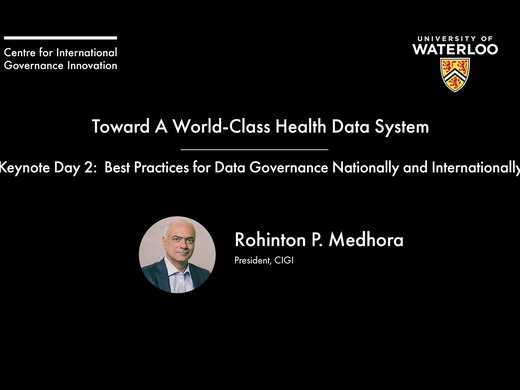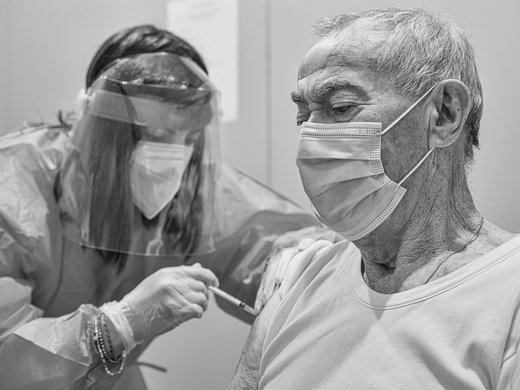The number of refugees and internally displaced persons (IDPs) worldwide is more than 70 million and growing. Developing a more effective legal, social and financial framework to address their urgent needs requires fresh thinking.
The World Refugee Council was created as a catalyst for that fresh thinking. Its starting point is the principle of shared responsibility: a more equitable distribution of the hosting, settling and integrating of refugees and more support and protection for IDPs.
However, an effective, fair system of sharing responsibility will only endure if there are accountability mechanisms in place, as well as incentives and resources to assist states in meeting their obligations.
Regimes that are violent or oppressive, or that fail or refuse to protect their populations, are responsible for much of the forced migration in the world today. Those regimes are often corrupt, stealing from their treasuries and placing the money and other assets offshore for the unlawful benefit of the rulers and their associates.
The jurisdictions where the purloined assets are placed will frequently “freeze” them or, if they can be traced, seize them. Meanwhile, host countries struggle to manage the cost of accommodating refugees or IDPs. Could the stolen money be used to help refugees and IDPs whose dislocation was caused by the very regimes that stole it?
This discussion paper provides a legal analysis of the Canadian context in considering this and other questions about this sensitive and complex issue.


